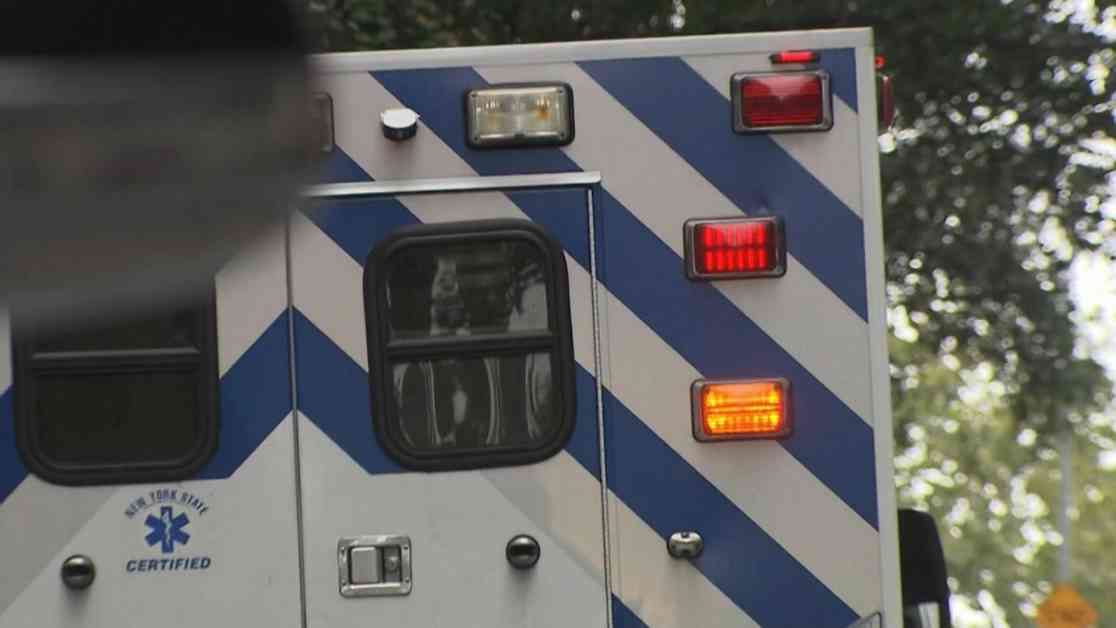In the wake of the tragic incident where NYPD officers shot and killed Win Rozario, a 19-year-old in a mental health crisis armed with scissors, the need for an improved city crisis response program for mental health advocates has become increasingly apparent. Rozario’s case is just one of at least 20 fatal encounters with police since 2015 involving individuals experiencing emotional or mental health crises.
One initiative aimed at addressing this issue is the B-HEARD program, launched in 2021 as a city-run pilot program that dispatches teams of mental health professionals to respond to mental health-related 911 calls. The primary goal of this program is to reduce the presence of police officers at the scene of mental health crises. However, critics have pointed out that police are still the primary responders to the majority of these calls in areas where the B-HEARD program is in place.
Advocates like social worker Jordyn Rosenthal and youth counselor Peggy Herrer have emphasized the importance of having trained individuals who have personally experienced mental health challenges respond to those in crisis. Rosenthal highlighted the significance of empathy and understanding that individuals with lived mental health experiences can bring to such situations, drawing from their own struggles.
During a City Council oversight hearing, advocates called for an expansion of the B-HEARD program to operate 24 hours a day instead of the current 16-hour daily operation. They also urged the city to extend the program beyond the initial 31 police precincts to ensure broader coverage and accessibility for individuals in need.
The Adams administration reported that B-HEARD teams responded to 73% of eligible 911 calls in the pilot area over the past fiscal year, demonstrating a significant response rate. However, when considering the total number of mental health calls, including those eligible for a B-HEARD response, it becomes evident that police still handle the majority of these cases.
Moving forward, mental health advocates are pushing for increased involvement of non-police teams in responding to mental health emergencies, emphasizing the importance of specialized care and support for individuals in crisis. By expanding the B-HEARD program and integrating the insights of those with personal mental health experiences, the city can take significant strides towards improving crisis response and ensuring the well-being of all community members.

